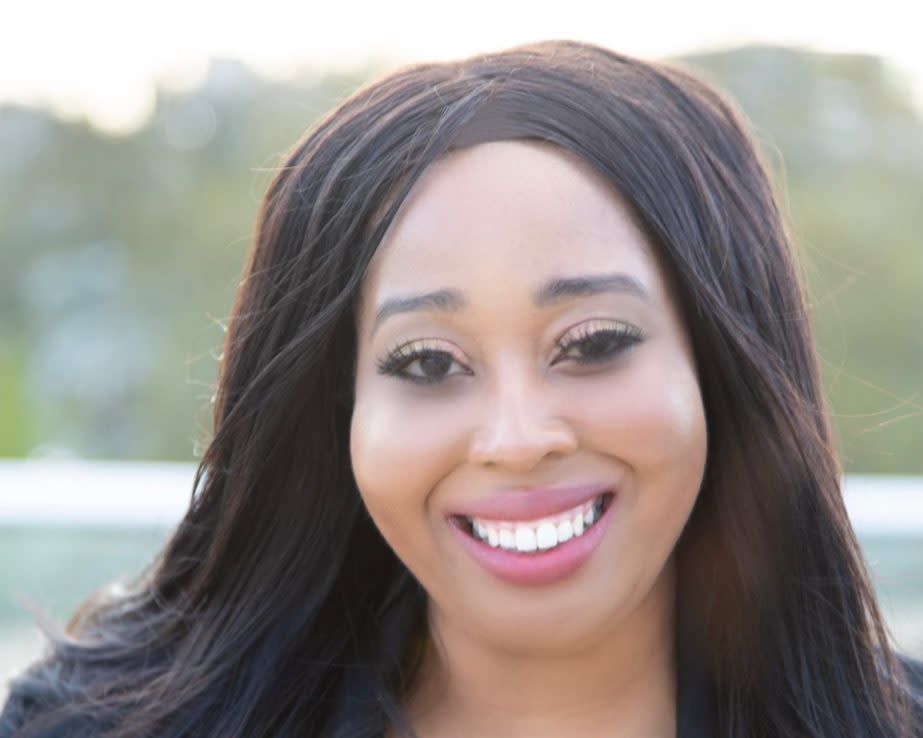I’m a Black, lesbian lawyer. Trust me, embracing intersectionality in the workplace is vital

Embracing intersectionality is not only the right thing to do, it’s crucial to help people thrive in the workplace, writes Jacqui Rhule-Dagher
55 years ago, the Stonewall Riots changed the course of history. On 28 June, 1969, hundreds of LGBTQIA people in New York rose up in defiance, refusing to accept homophobic injustice for a moment longer. The protests lasted for five days, serving as a catalyst for the gay rights movement in the United States and globally. The anniversary of this pivotal event is rightly commemorated to this day. What isn’t discussed enough, however, is the instrumental role that queer women of colour played in the rebellion. I’m talking about trailblazers like trans activist Marsha P. Johnson and drag performer Stormé DeLarverie, who energised, galvanised and inspired others to take a stand at Stonewall.
My own life path has been very different to those of Johnson and DeLarverie. I work as a lawyer in the complex commercial litigation team at Hogan Lovells. When I entered the legal industry as a paralegal, I was hyperaware that I was one of the few Black people at my firm and the only Black person in my team. I didn’t want to draw any additional attention to myself, so I kept quiet about my sexuality. A decade on, thanks in no small part to discovering the bravery of historical figures like Johnson and DeLarverie, I am now an out and proud lesbian lawyer.
What also helped me to feel more comfortable being out in the workplace was developing my understanding surrounding intersectionality. This was a term coined by American academic Professor Kimberlé Crenshaw in 1989. Intersectionality refers to the complex, cumulative ways in which the effects of multiple forms of prejudice (such as racism, sexism and classism) combine, overlap and intersect. It is only by recognising the various dimensions of our identity that we can understand the unique barriers faced by marginalised individuals, and so strive towards eradicating discrimination for good.
There are so many things organisations can do to welcome people with multiple intersecting identities. Employee Resource Groups (ERGs) are a great place to start, especially if there is collaboration between the disparate groups within the company. It is also incumbent on allies to remember that a person’s sexuality or gender identity might not be the most prominent of their identities, and that allyship is only meaningful if all the components of how someone identifies are recognised.
Then there’s accurate data collection and analysis, which is also imperative. Quantitative and qualitative data can be gathered through one-to-one interviews, focus groups and anonymous surveys. What is likely to emerge is the divergence in experience between people with multiple intersecting identities. Additionally, many businesses offer training on microaggressions and unconscious bias, which is commendable. But do you know what would be even better? A training programme spanning the breadth of characteristics, coinciding with employee onboarding, appraisals and promotions.
Intersectionality was at the forefront of my mind when I founded Legally Lesbians in April 2023. This initiative celebrates the power of visibility, sharing the unique experiences of a diverse range of lesbians working in the legal industry and as in-house lawyers. Happily, 50 incredible lesbians have taken part so far, including Judge Victoria McCloud, the UK’s first trans judge (now Master McCloud following her retirement from the judiciary).
I firmly believe that organisations should embrace intersectionality. Not simply because it’s the right thing to do, but because, ultimately, embracing intersectionality enables us to better serve our colleagues and clients. This Pride Month, as we remember the trailblazers who came before us, let’s also remember that people’s identities are made up of so much more than what is in front of us.
Jacqui Rhule-Dagher is a lawyer at Hogan Lovells International LLP. She is also a member of The Law Society’s LGBTQ+ Solicitors Network Steering Committee

 Yahoo Finance
Yahoo Finance